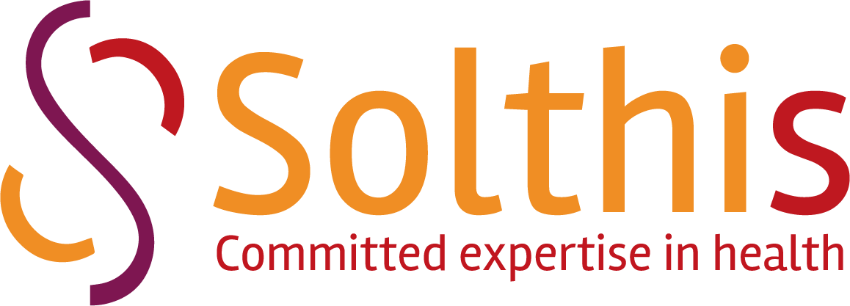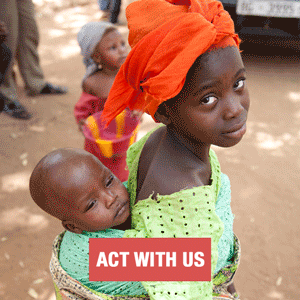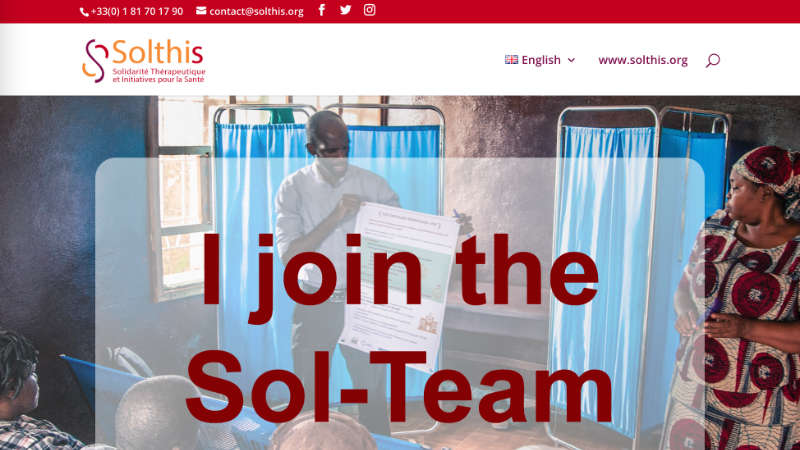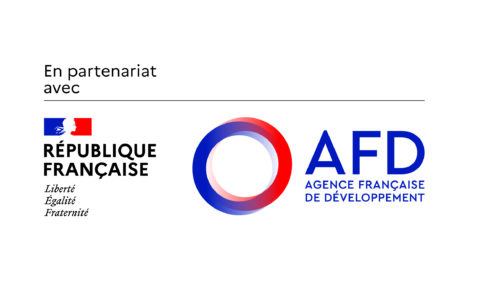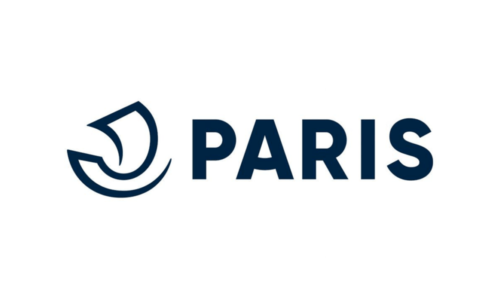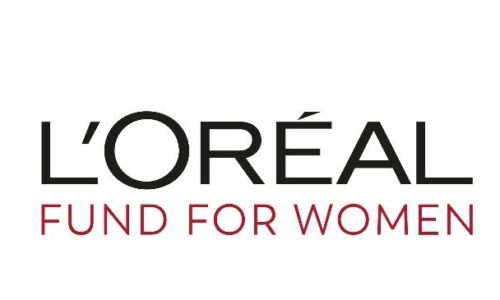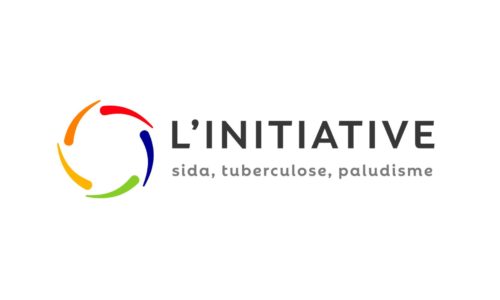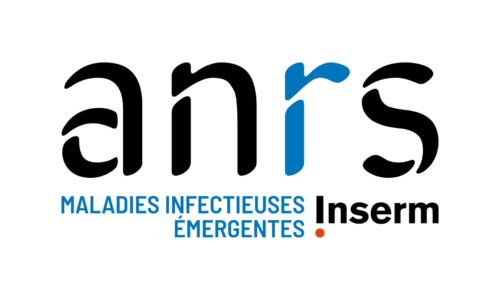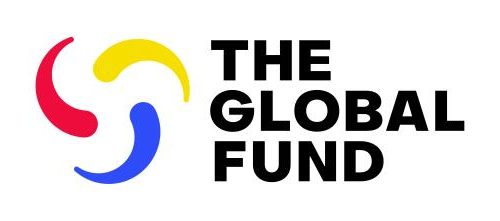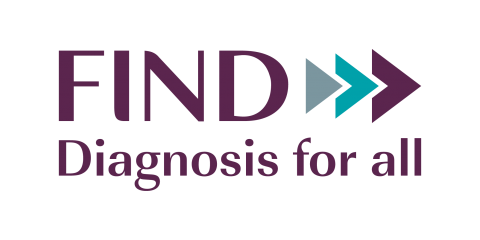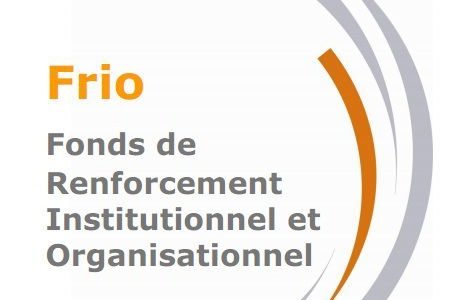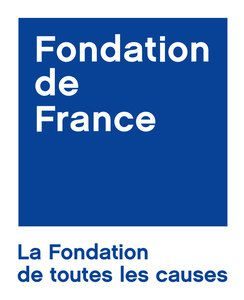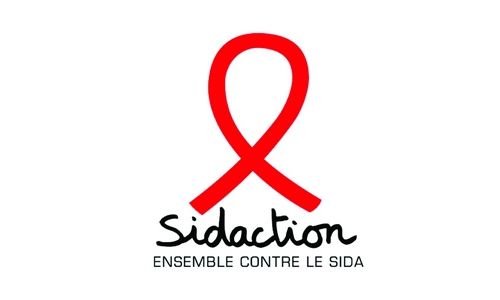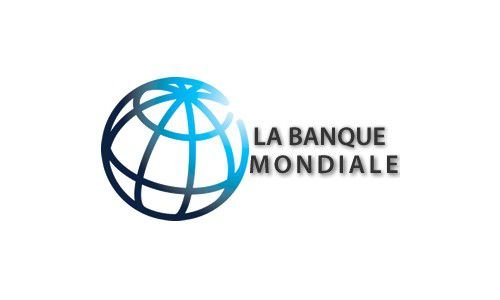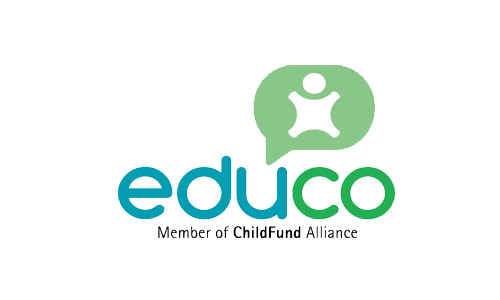COTE D'IVOIRESIERRA LEONEADVOCACY FOR FAIR ACCESS TO QUALTITY HEALTH CARECAPACITY BUILDINGHUMAN RESOURCES FOR HEALTHSTRENGTHENING SYSTEMS AND HEALTH SERVICESChild HealthFighting HIV / AIDS
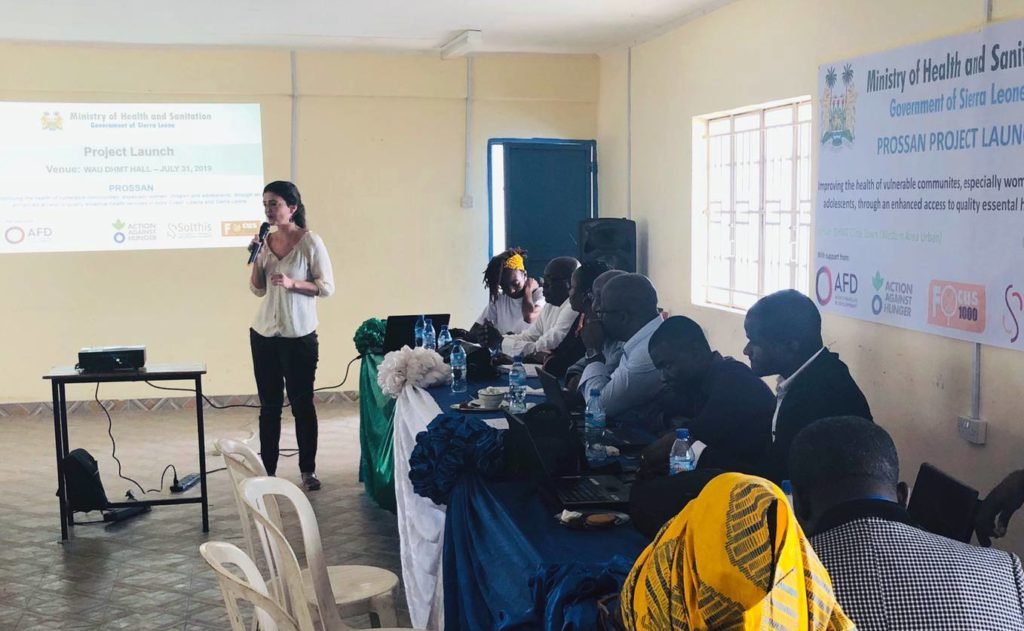
Strengthen health systems and ensure the active involvement of communities, especially women and youth, in the national health decision-making process
Context
Since the 1980s, Côte d’Ivoire and Sierra Leone have been affected by violent conflicts, natural disasters and large-scale epidemics. Even though the three countries are more or less stable since the end of the Ebola epidemic (2014-2016), numerous crises and shocks have undermined their public services, which are currently struggling to meet the needs of local populations. National health indicators are particularly revealing of the weakness of health services and the precariousness of women, their children and young people.
Despite significant improvements, the two countries still have some of the highest infant and maternal mortality rates in the world: 1360 deaths per 100,000 live births in Sierra Leone, the lowest rate in the world, and 614 deaths in Côte d’Ivoire. In terms of sexually transmitted infections (STIs), women are also more vulnerable with a higher prevalence of HIV/AIDS in both countries and particularly pronounced in Côte d’Ivoire: 3.7% for women compared to 1.9% for men.
The PROSSAN project aims to contribute to strengthening the health systems of these three countries, and to put women and young people at the heart of the decision-making process regarding their health.
|
Goal of the project
The project aims to improve the health of vulnerable populations in Côte d’Ivoire and Sierra Leone, particularly women, children under five and young people, through quality care services tailored to their specific needs. It also aims to ensure an active participation of communities, particularly women and youth, in national health issues.
The approaches chosen for the prpoject implementation are based on supporting and strengthening existing health services, mobilizing communities and Civil Society Organizations on health issues and specifically on reproductive, maternal, child and adolescent health.
Expected results
- Health services and community health workers offer quality Minimum Service Package (MSP) activities and services that comply with the standards of Health Ministries
- Target populations, especially women and young people, improve their health practices and behaviours.
- The active participation of community-based organisations for organising health structures and women and young people’s civil society groups around national healthcare issues is guaranteed.
